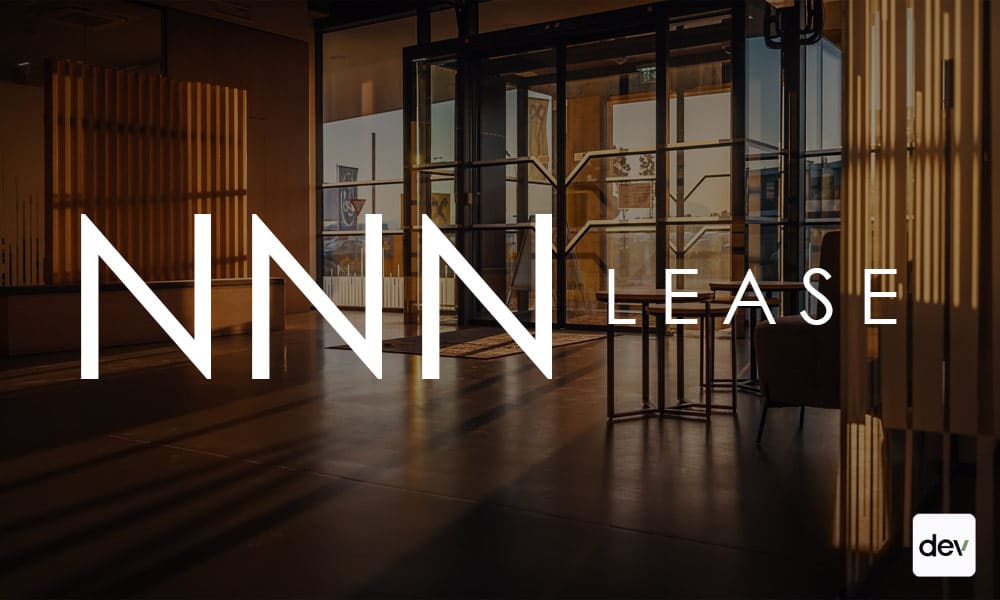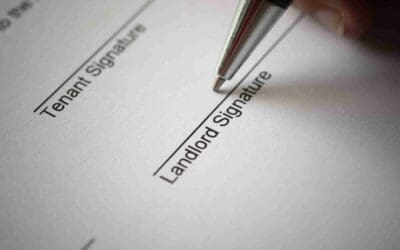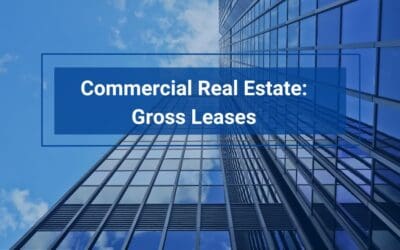In commercial real estate, triple net leases (NNN) and absolute triple net leases are popular lease types among investors, offering stable returns with minimal landlord responsibility. Though these terms are often used interchangeably, there are key differences in their structures and responsibilities. Understanding these distinctions helps investors and tenants align their expectations in any property deal.
What is a Triple Net (NNN) Lease?
In a triple net lease (NNN), the tenant takes on three primary financial responsibilities: property taxes, insurance, and maintenance of the building. In addition to the base rent, the tenant pays for these expenses, which helps reduce the landlord’s operational duties. However, in an NNN lease, some structural repairs—such as significant repairs to the roof or foundation—may still fall under the landlord’s responsibility.
What is an Absolute Triple Net Lease?
An absolute triple net lease is a more stringent lease structure where the tenant assumes full responsibility for all property expenses, including major structural repairs. In this type of lease, the tenant must cover any costs associated with the building, even those typically reserved for the landlord in a traditional NNN lease. This includes roof replacement, foundation repairs, and any other substantial building maintenance—making it as close to a “hands-off” investment as possible for the property owner.
Key Differences Between NNN and Absolute NNN Leases
- Landlord Obligations:
- In a standard NNN lease, the landlord may still be required to handle structural repairs.
- In an absolute NNN lease, the tenant takes on all costs—including structural repairs.
- Investment Security:
- Absolute NNN leases often appeal to investors seeking long-term passive income without surprise expenses. The full responsibility transferred to the tenant minimizes financial risks for the landlord.
- NNN leases provide a similar low-maintenance investment, but landlords should anticipate potential costs related to larger repairs.
- Risk and Tenant Commitment:
- Absolute NNN leases are generally signed by creditworthy, long-term tenants who can handle the financial demands of the lease. This makes absolute NNN properties appealing for investors focused on stable income from reliable tenants.
- Traditional NNN leases might attract a broader range of tenants who are comfortable with operational expenses but may not want full structural responsibility.
Why the Distinction Matters
For investors, it’s essential to understand the risk and commitment differences between NNN and absolute NNN leases. Absolute NNN leases shift all property expenses to the tenant, making them ideal for passive investors. However, they also demand a thorough review of tenant financial stability since the tenant must handle all costs. For tenants, absolute NNN leases require greater financial preparedness due to the expanded responsibilities.
Conclusion
Both NNN and absolute NNN leases offer unique benefits depending on an investor’s goals and risk tolerance. While NNN leases provide a low-maintenance option, absolute NNN leases go a step further, ensuring truly passive income without unforeseen expenses. By clarifying the responsibilities and risks associated with each, landlords and tenants can create leases that best fit their needs.



